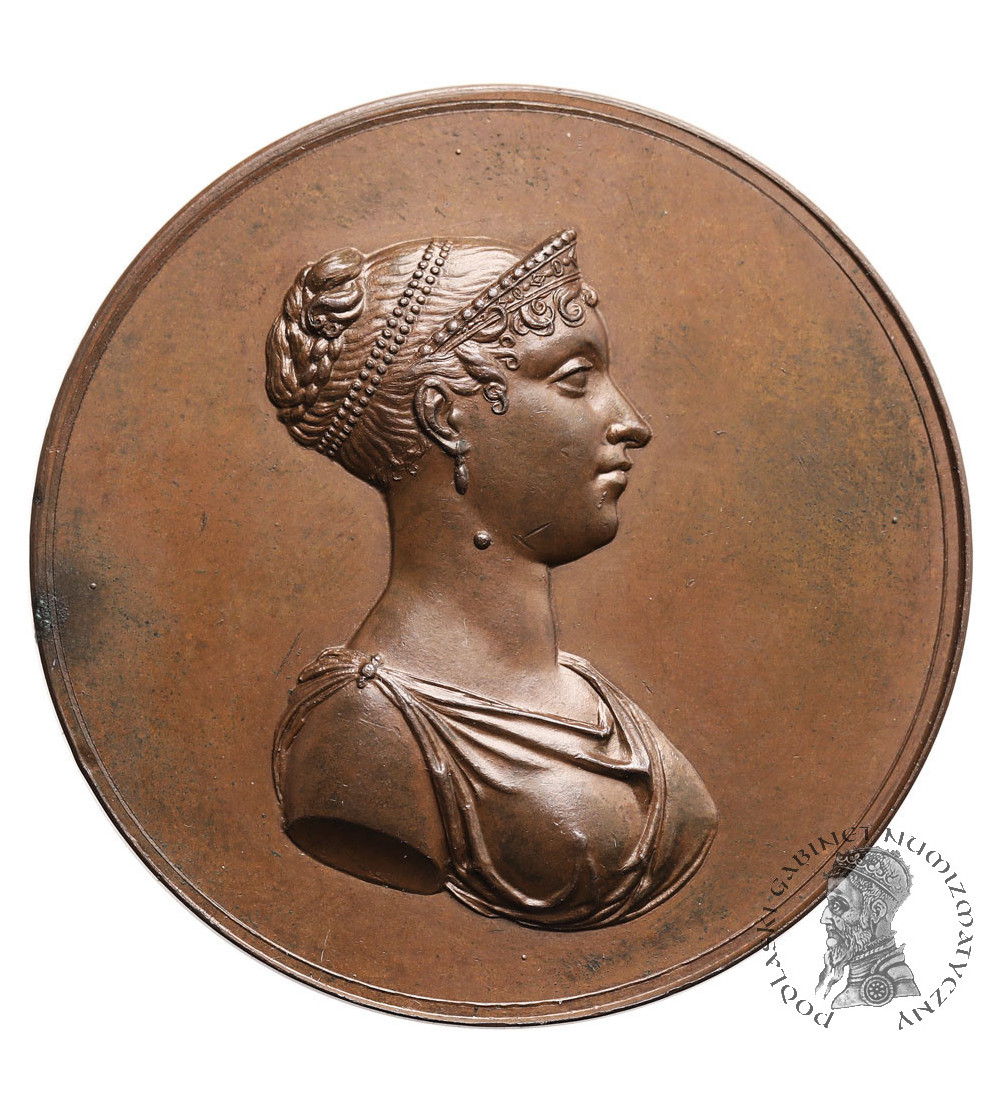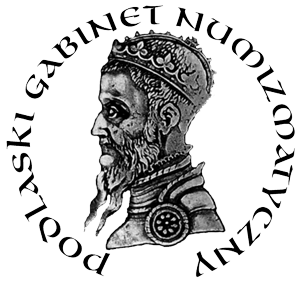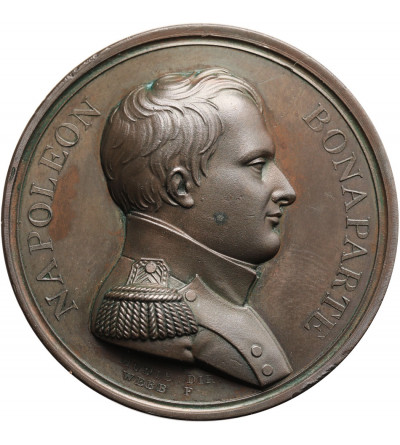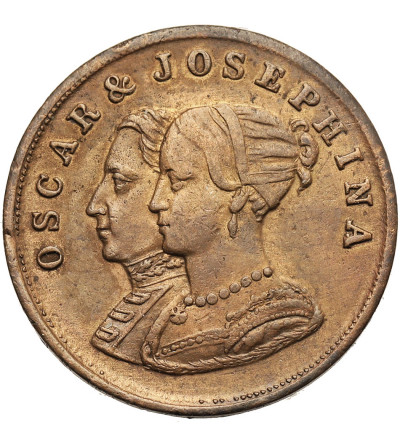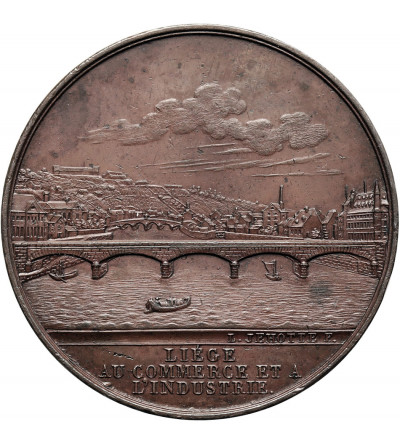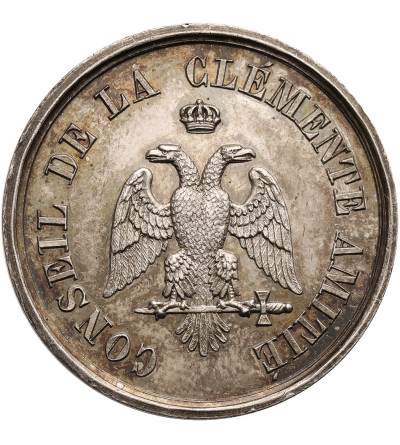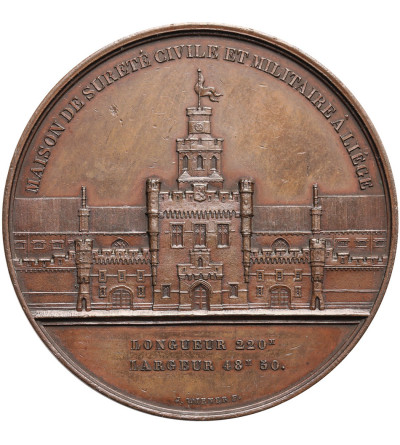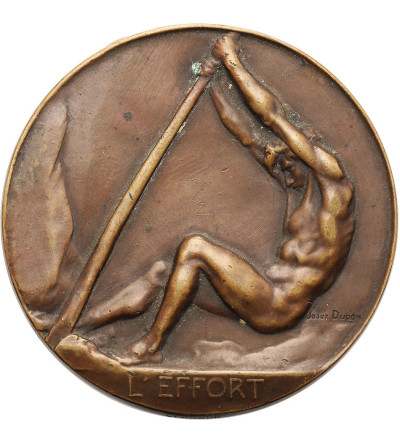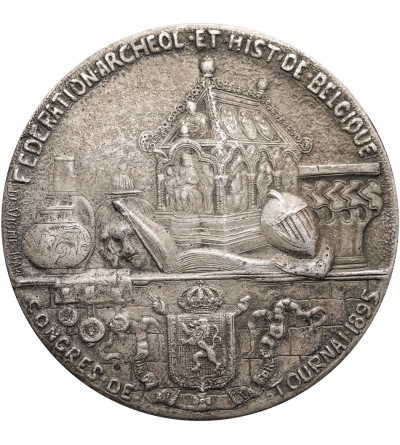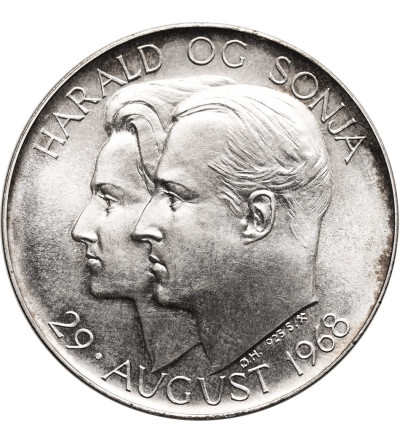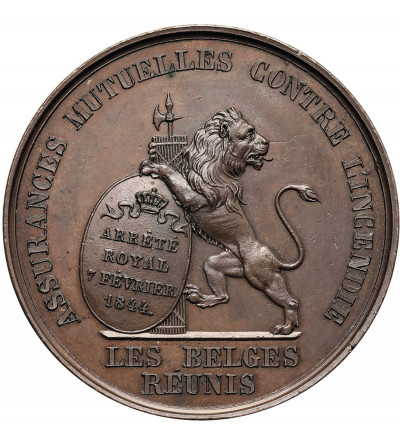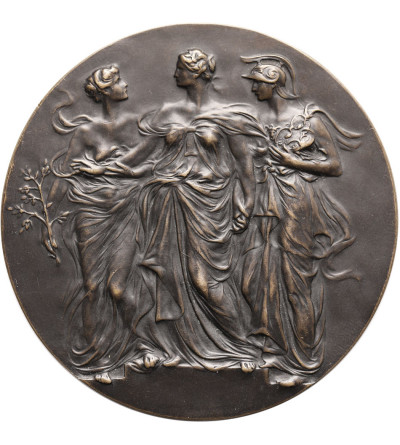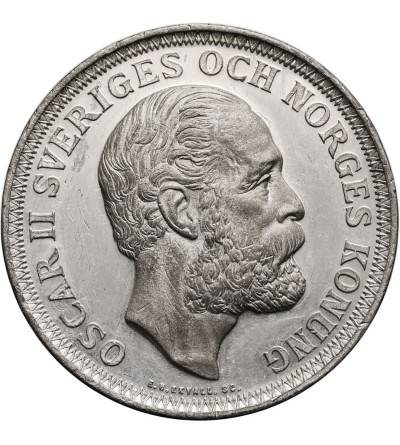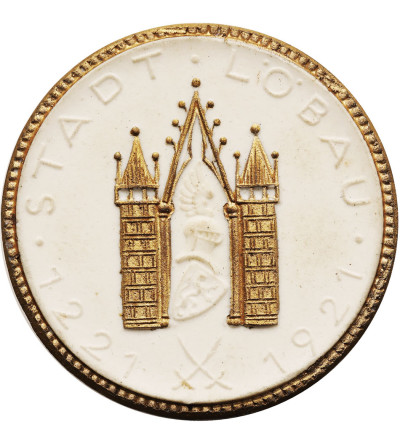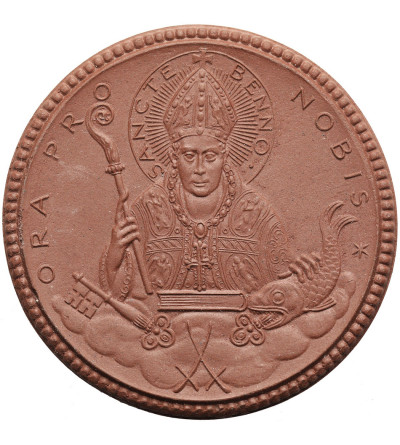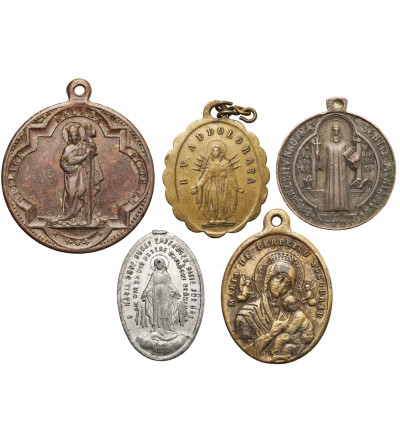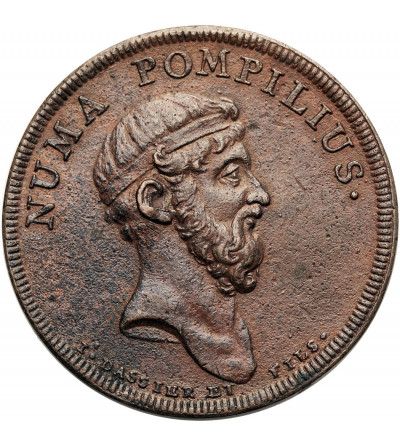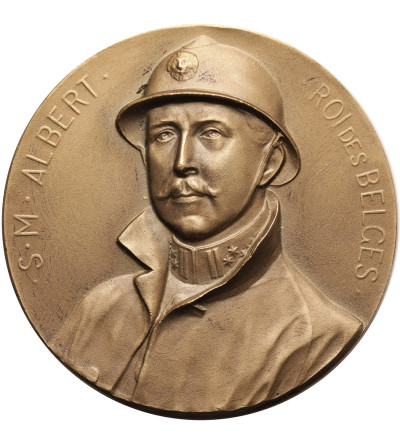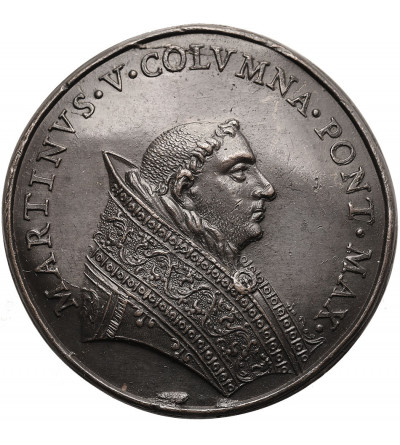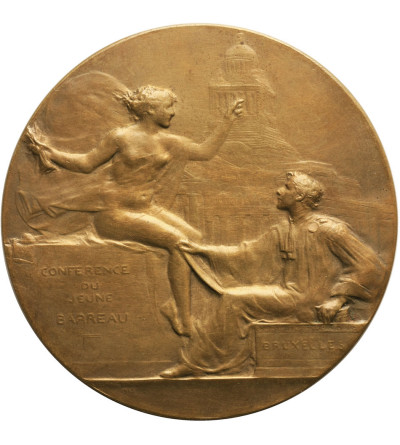Marie Louise (12 December 1791 – 17 December 1847) was an Austrian archduchess who reigned as Duchess of Parma from 11 April 1814 until her death. She was Napoleon's second wife and as such Empress of the French and Queen of Italy from their marriage on 1 April 1810 until his abdication on 6 April 1814. Marie Louise was an obedient wife and settled in quickly in the French court. She developed a close friendship with her Première dame d'honneur, the Duchess of Montebello, while most of the daily affairs were handled by her Dame d'atour Jeanne Charlotte du Luçay. Napoleon initially remarked that he had "married a womb" to an aide, but their relationship soon grew. He "spared no pains" to please her and claimed at one point to prefer Marie Louise to his first wife Joséphine; while he had loved Joséphine, and though he claimed Joséphine remained his greatest friend even after their amicable divorce, he had not respected her, whereas with Marie Louise, there was "Never a lie, never a debt" — presumably a reference to Joséphine's rumoured extramarital affairs and reputation as a spendthrift. Marie Louise wrote to her father: "I assure you, dear papa, that people have done great injustice to the Emperor. The better one knows him, the better one appreciates and loves him."However, the marriage was not without tension; Napoleon sometimes remarked to aides that Marie Louise was too shy and timid, compared to the outgoing and passionate Josephine, with whom he remained in close contact, upsetting Marie Louise. The excitement surrounding the wedding ushered in a period of peace and friendship between France and Austria, who had been largely at war for the last two decades. The people of Vienna, who hated Napoleon only months before, were suddenly in full praise of the French Emperor. Flattering letters were sent between Napoleon and Emperor Francis, Empress Maria Ludovika Beatrix and Archduke Charles during the wedding festivities. During public occasions, Marie Louise spoke little due to reserve and timidity, which some observers mistook for haughtiness. She was regarded as a virtuous woman and never interfered in politics. Privately, she was polite and gentle. Napoleon arranged for Marie Louise to participate in some carefully selected charity assignments, most notably the Société de Charité Maternelle, for which he made her Honorary President. source: wikipedia
